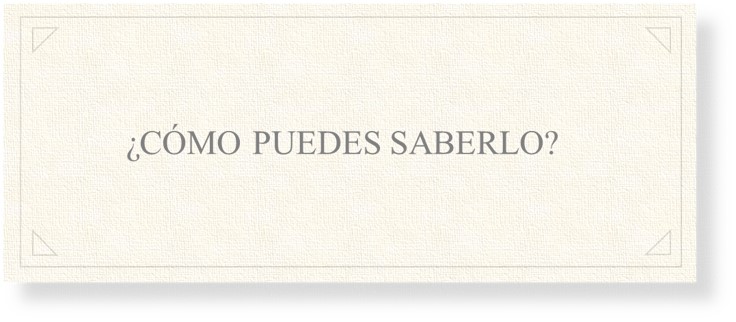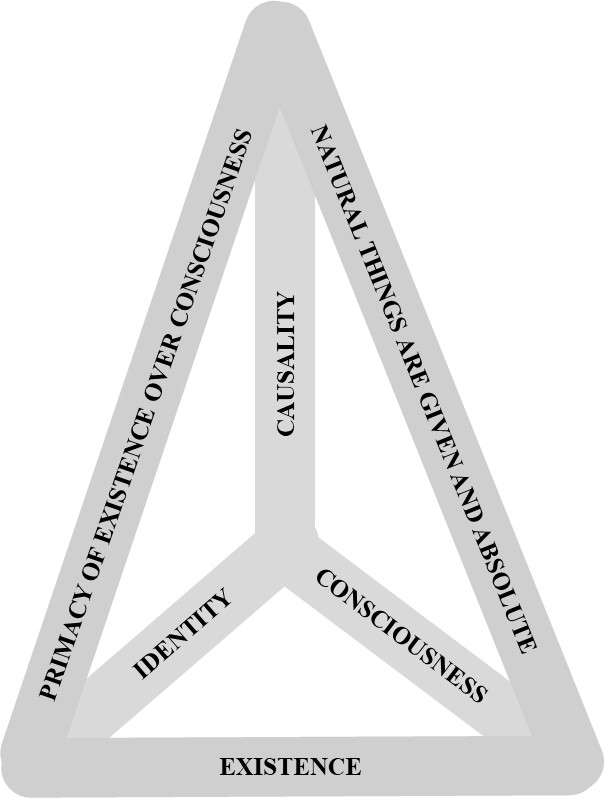Alexandre knew that Plato, Aristotle and Kant answered it in different and contradictory ways. He spent a long time trying to put his summary in order, but he couldn’t do it. Tired of reading Ronald’s notes and the objective epistemology book, he realized that understanding it would not be easy.
When it was late and he went to bed to sleep, his breathing became slower and slower. The sound of the wind passing through its nostrils whispered two questions in its mind. On the inhalation he thought, Where am I? and as he exhale, How do I know it?
In the following days he discovered that culture was the mental mold of children. How did they learn? They learned without critical thinking, absorbing the rational and irrational of their culture, and not differentiate them was the cause of the problems that they would suffer as adults, personally, financially and politically.
To position yourself on the football field, you have to look; to place yourself on the court of life, you have to think; to think, you need to use concepts; to know how they are formed, you need to learn epistemology, Alexandre was thinking about metaphors one day when he was studying. How wonderful to know how my words connect with my perceptions! he continued thinking. They begin with the existence of things and my sense organs! Neither of them can be missing. Clear! To kick a penalty, you need both: the ball and your eyes!
Another day while training, he discovered that concepts were only valid if they were born from sensory perceptions. He thought, After all, as children, before speaking, we all know the world by looking, don’t we? How else can we know reality if not through our sense organs? One afternoon he asked himself, Do the media and propaganda shape the brain? Who thinks with their own brain? Those kinds of questions occupied his mind in those weeks. He once read the same page of the objective epistemology book many times and, finally, he understood! What a tremendous treasure there is here! he thought, this is going to be useful for everything! He finally began to understand that the concepts with which he thought could contain percepts or fancepts, that is, perceptions of real things or fantasies.
48

